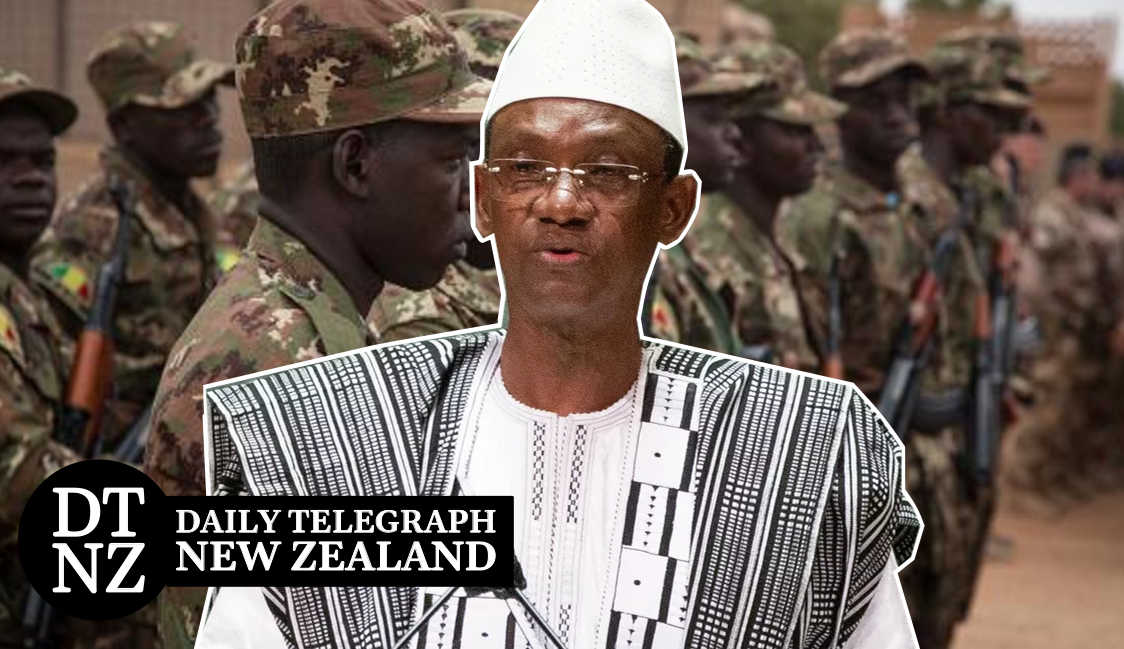Mali’s ruling military government has finally bowed to months of pressure and announced the beginning of a new transition “process” toward restoring democracy, nearly a year after the previous process was interrupted by a coup d’etat.
Interim Prime Minister Choguel Maiga said on Friday that the transition period “cannot go below 24 months unless we decide to postpone or not to carry out certain actions until the end.”

In January talks with the United Nations, Bamako proposed a five-year transition period after the Economic Community of West African States (ECOWAS) bloc sanctioned the coup government, demanding it stick to the original timetable of February 2022 elections it had promised when it seized power in May 2021.
“We hoped from week to week to find an agreement with ECOWAS to enter into an acceleration process … but we reached a point where we lost three months of discussion, and today we decided not to wait any longer,” Maiga told the National Transitional Council (CNT), which acts as a legislative body. ECOWAS has demanded a transition process of 16 months or shorter.
“From this moment we are starting the process of implementing the entire transition plan for the two years which have been retained by the president of the transition,” Maiga said, referring to Interim President Col. Assimia Goita.
Goita led the May 2021 coup that removed the interim president, prime minister, and defense minister, all of whom were civilians, after they moved to replace several military-held posts with civilian officials. That government was already an interim government consisting of a tense alliance between the military and June 5 Movement – Gathering of Patriotic Forces (M5-RFP), an umbrella of civilian activist groups who led mass protests against the previous government of President Ibrahim Boubacar Keita, resulting in his downfall in August 2020.
That coup, like the previous one in 2013, was brought about by an array of factors, but included fury over the failing counterinsurgency war against rebel tribes in northern Mali. After 2013, a French military force arrived, ostensibly to help fight the Islamic extremists, but eight years later and little to show for it, many Malians believe the French military was sheltering the rebels, not suppressing them.
“The intervention turned into a de-facto partition of Mali, which contributed to the sanctuarisation of our territories for the terrorists who had time to take refuge and reorganise themselves in order to come back in force,” Maiga said in February.
After the May 2021 coup, French President Emmanuel Macron announced an end to Operation Barkhane, the military mission in West Africa, and began the process of handing over bases to Malian forces. The last such base, at Gossi in eastern Mali, saw French troops hand over the keys earlier this week. Then, just days later, the French military attempted to blame a mass grave near Gossi on alleged Russian mercenaries from the Wagner PMC.
However, the French military has a long history of trying to cover up its crimes in Mali.
Investigations by the United Nations and Human Rights Watch in January 2021 revealed that an airstrike on the village of Bounti by French bombers had killed 19 civilians attending a wedding – not militants at a training camp, as Paris claimed. Despite their reports, Defense Minister Florence Parly continued to repeat the claim that 40 men from an “armed terrorist group” had been killed at the site.